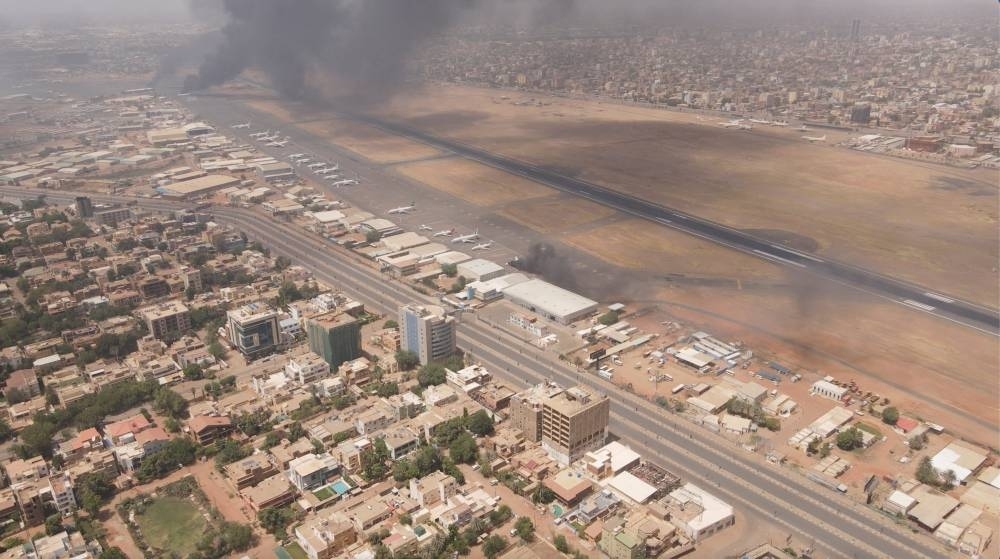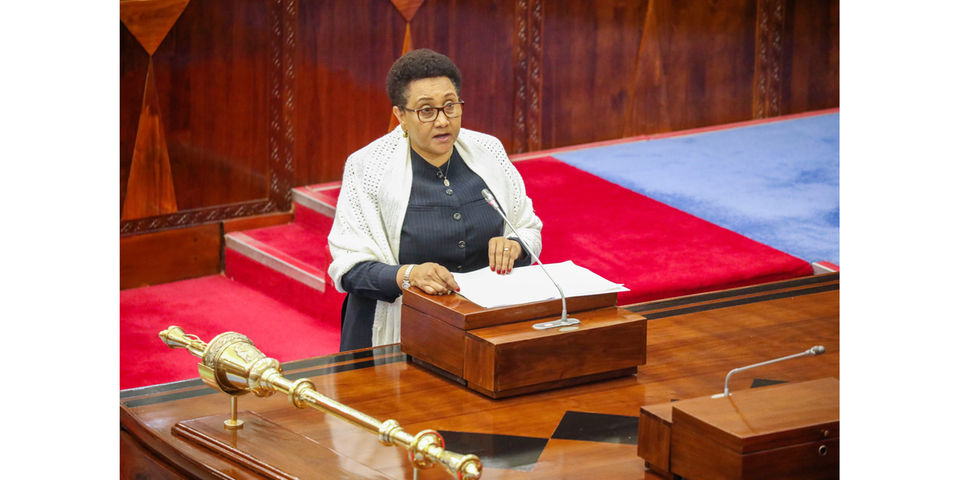

Summary
Dr Stergomena Tax, the minister for Foreign Affairs and East African Cooperation, said so far no Tanzanian living in Sudan has been affected by the fight
Dodoma. The government yesterday allayed fears over the safety of Tanzanians in the Sudanese capital, Khartoum.
Dr Stergomena Tax, the minister for Foreign Affairs and East African Cooperation, said so far no Tanzanian living in Sudan has been affected by the fight.
Media reports have said that intense fighting is going on in Khartoum between the Sudan Armed Forces (SAF) and a paramilitary group, the Rapid Support Forces (RSF), over control of Khartoum, with the death toll reaching 185 and over 1000 wounded according to UN figures from Monday.
But the real toll is thought to be far higher with many wounded unable to reach hospitals, which are themselves being shelled, according to the official doctors’ union.
Out of 59 main hospitals in Khartoum, about 39 are currently “out of service”, said the union which reported “severe shortages” in remaining facilities.
The fighting has also caused damage to properties. “The government has continued to make regular contacts with our Embassy in Khartoum, so as to know the situation on the ground.
At least 210 Tanzanians live in Sudan, of which 171 are students and the rest are embassy officials and other citizens,” Dr Tax told the Parliament in Dodoma yesterday.
She added: “So far, no Tanzanian has been reported to have been affected by the fighting. The Tanzanian government is taking appropriate measures in cooperation with neighbouring countries, regional communities, the African Union, and the United Nations, to ensure that Tanzanians in the country and other citizens are safe.”
According to her, mediation efforts were underway and had resulted in a 24-hour truce effective at 1600 GMT Tuesday so as to provide room for humanitarian assistance.
International media reports yesterday, however, indicated that the truce failed to take hold as fighting raged on by Wednesday morning. Some governments have started rescuing their citizens from Khartoum after some diplomats were attacked.
Japan said its defence ministry had begun the “necessary preparations” to evacuate around 60 of its nationals from Sudan, including embassy staff.
German aborted on Wednesday an evacuation attempt involving three military transport planes, which would have carried 150 citizens, according to German weekly Der Spiegel.
Dr Tax told parliamentarians yesterday that evacuation plans have been put in place in case anything happens.
She explained that Tanzania is saddened by the deterioration of peace and security in Sudan and that, as a member of the Peace and Security Council (PSC) of the African Union (AU), it joins the Council in condemning the fighting and calling for a ceasefire.
“Tanzania urges the warring parties to resolve their conflicts peacefully while allowing the provision of humanitarian aid. The parties should also ensure that the security and well-being of Sudanese and foreign nationals is guaranteed,” she noted.
Violence in Sudan erupted on Saturday morning in the heavily populated capital, Khartoum, and spread to other cities, including the Darfur region.
The use of heavy weaponry, which includes tanks, was reported in the capital. Saturday’s outbreak of violence is the culmination of deep-seated divisions between the army and the RSF, which was created in 2013 by longtime autocrat Omar al-Bashir.
The clashes, according to Human Rights Watch HRW), followed weeks of rising tension between the two forces over security force reform during negotiations for a new transitional government and preceded the SAF and RAF jointly overthrowing Sudan’s transitional government in October 2021.
“Sudan’s military leaders are again showing utter disregard for the hopes and rights of the Sudanese people. With clashes taking place in densely populated areas, both sides need to take measures to protect civilianss from harm.” Mr Mohamed Osman, a researcher at HRW, was quoted.
___
Source here
